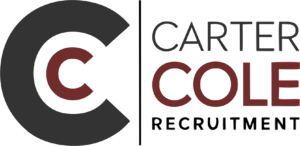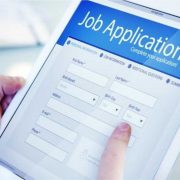Why Steve Jobs’s success strategies are still relevant to today’s workers
Steve Jobs remains a legendary figure in the world of business, with his leadership maxims still inspiring greatness today.
Doing what you love
Jobs told his staff that the world is changed for the better by the persistence and enthusiasm of people who have passion. This genuine sense of enthusiasm is wholly authentic and cannot be faked, leading to success at every stage of employment.
‘Denting’ the universe
Jobs was known for having a huge vision and a way of expressing it that was compelling and intoxicating to everyone he came across. His vision with the Mac set his incredible force into motion and created the game-changing products we know today.
Checking the details
Jobs was known for driving his engineers nuts with demands that seemed irrational; however, this led to an incredible sense of detail in the customer experience. Every aspect is treated with care, from the tiles in the stores to the laptop angle tilts.
Kick-starting your intellect
Jobs believed that the secret to being creative was purposefully exposing yourself to the greatest things that humans had achieved and then attempting to bring these findings into your own work. This led to the CEO of Oracle, Larry Ellison, calling Jobs the modern time’s Picasso. He also brought people together from a range of hugely diverse fields, stimulating their innovation and challenging assumptions.
Creating superb customer experiences
Tesla is one example of a brand that copied elements of the Apple experience, with Apple stores generating more sales per square foot than any other high-end retailer. Every element is considered and kept consistent across the world.
Mastering the message
Jobs was also known for his incredible presentations and message sharing. He was superb at building drama and stories without needing PowerPoint slides. Today’s business leaders still use his principles of minimal design rich in images, engaging delivery, clean presentation and entertainment.
Selling dreams rather than products
Many people originally thought that buyers of Macs were crazy; however, Jobs knew that genius existed in craziness and that his job was to provide products that helped people to achieve their dreams and goals. He knew how it was possible to create customers for life by selling products that allowed the individual to achieve their whole potential.
Ultimately, the success of Apple showed that a business could be started in a bedroom, a garage or any unprepossessing space by someone with the passion, energy and vision to make it succeed. This was – and still is – the Apple way, and the lessons apply to us just as strongly today.
Whether you work in HR, are a new employee, an employer or a recruiter, these lessons will help you to re-evaluate your own working methods and recalibrate your own goals and approaches. Allow the genius of Jobs to take you further and experience your own goal achievements!
Ref: http://recruitingtimes.org/business-movers-shakers/11411/steve-jobss-success-strategies-still-relevant-todays-workers/






